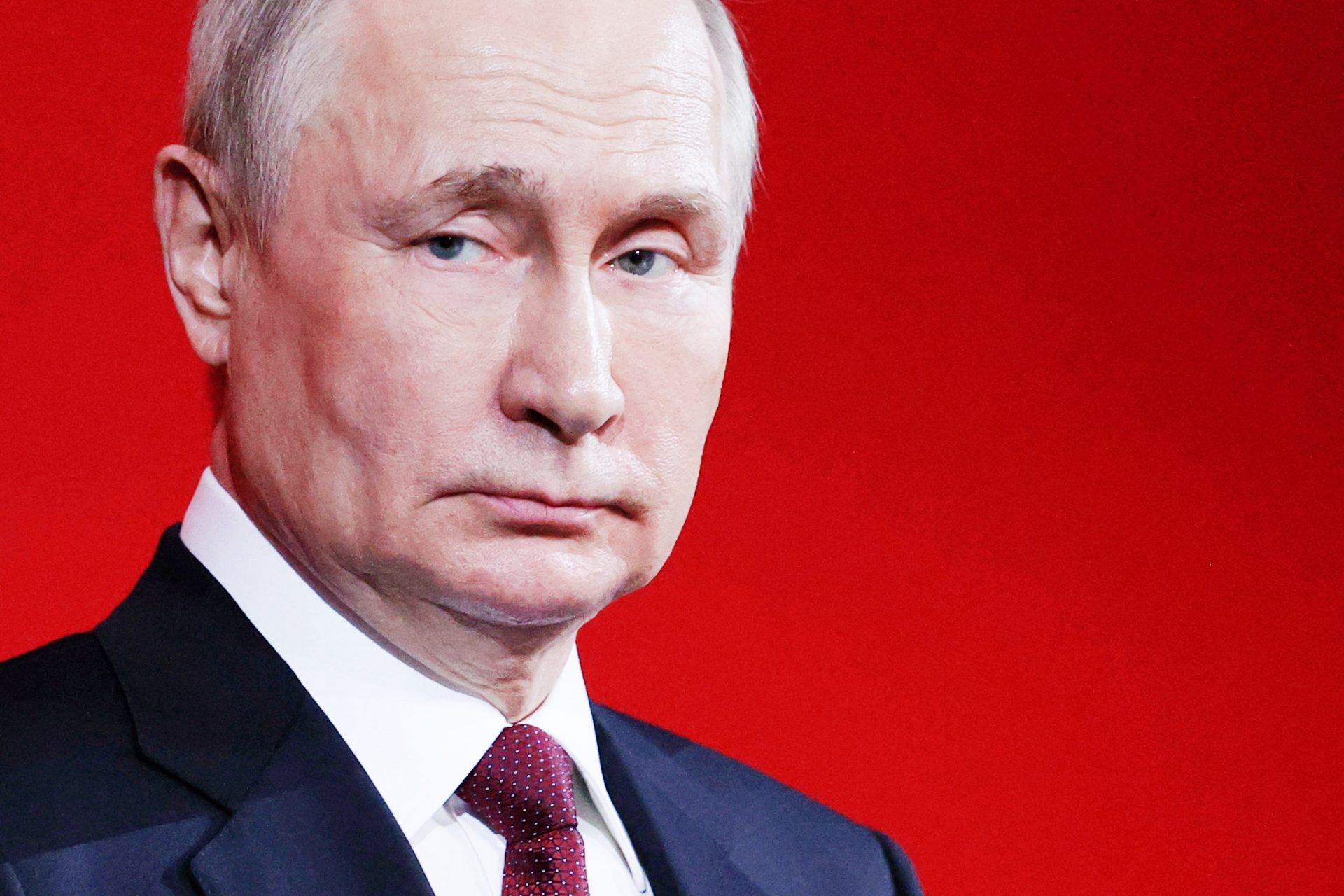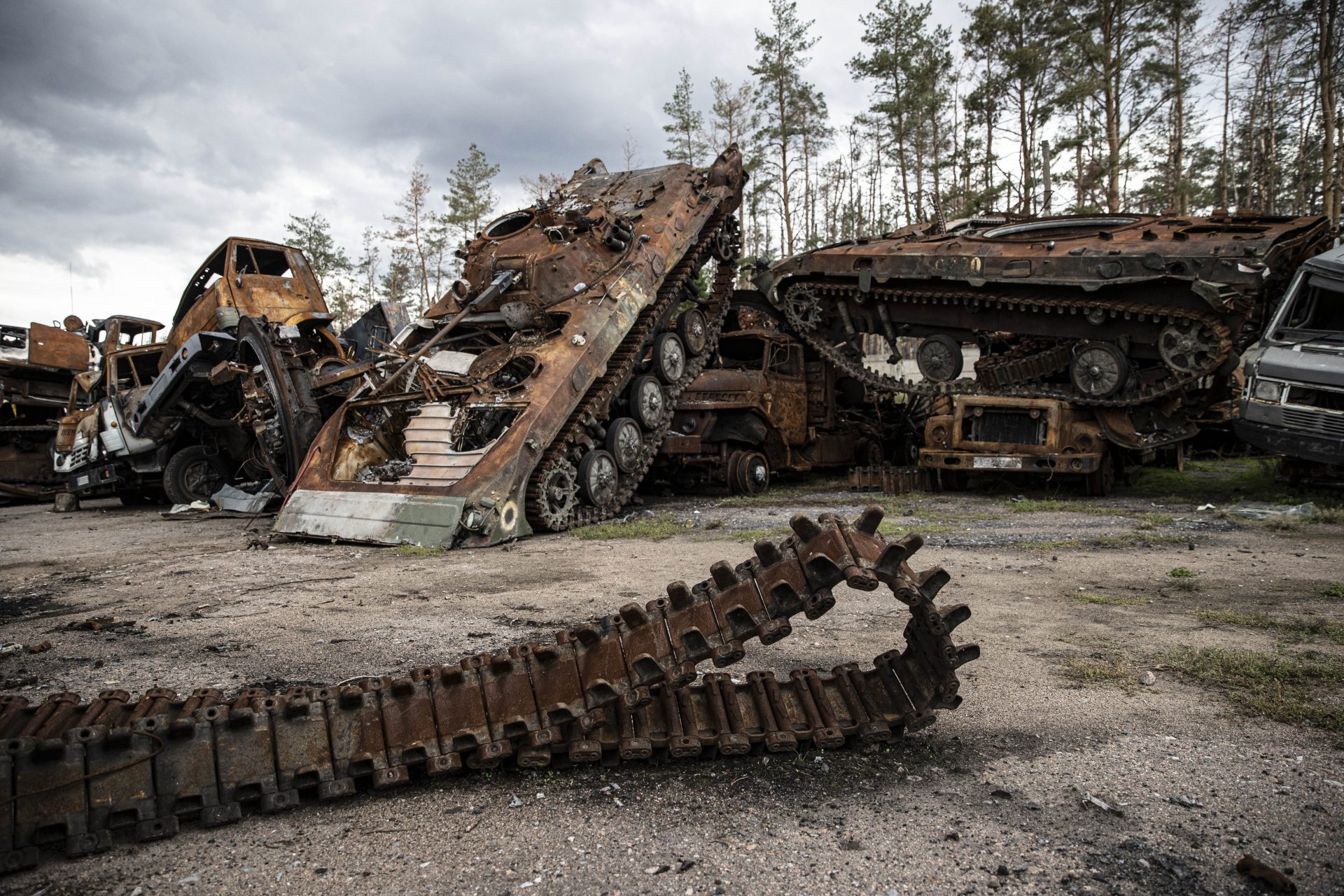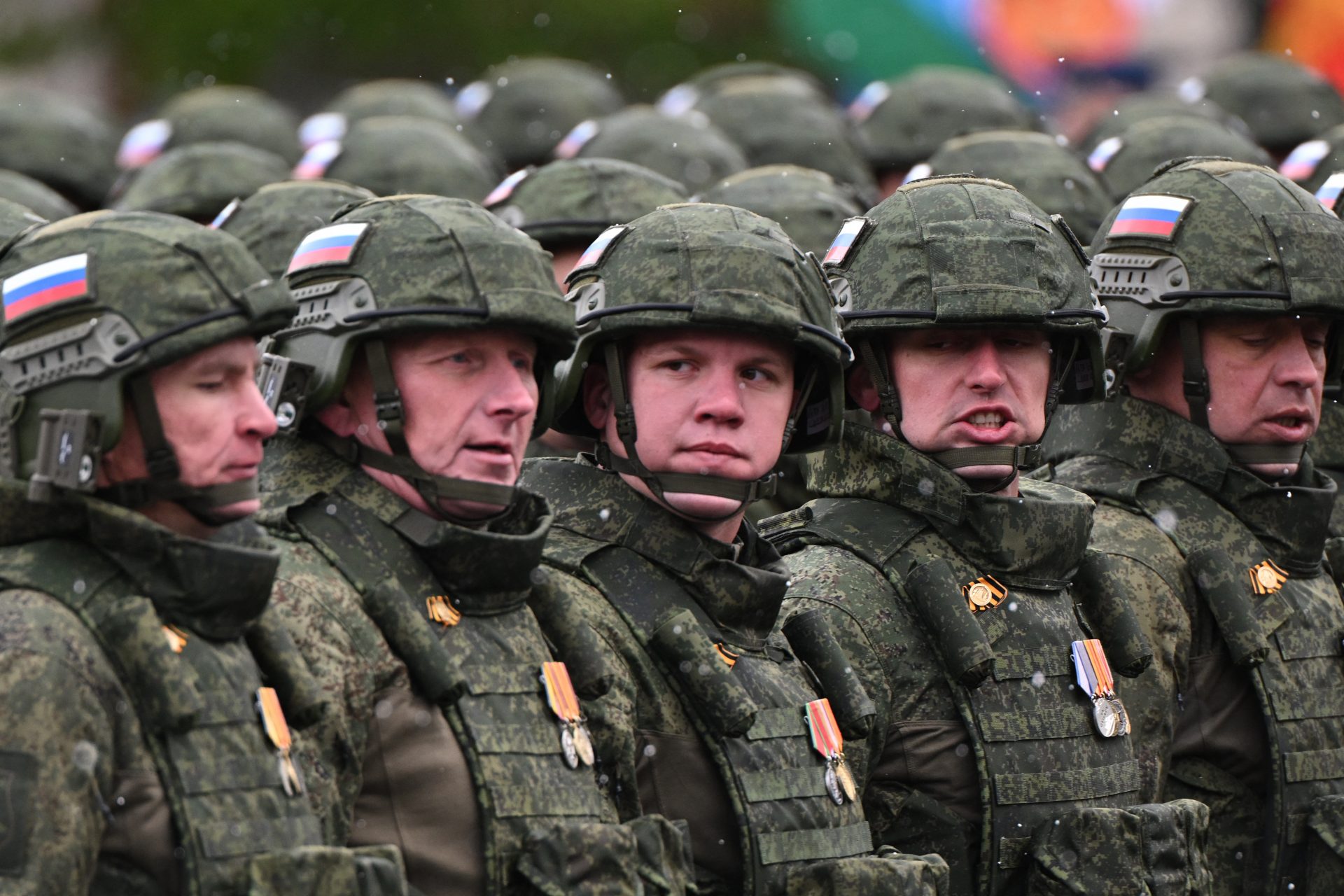How is Easter celebrated around the world?
Easter egg hunts are an old tradition in Germany. The Easter Bunny comes on Easter Sunday and hides his Easter eggs that the children are looking for.
Eggs are colorfully painted and attached to willow branches and windows. Large Easter bonfires burn and people gather around them.
In France there is also this tradition with the Easter eggs, but the Easter bunny does not bring the eggs, he is unknown there. The children are told that on Maundy Thursday the church bells make their way to Rome to unload the mourning over the cloister of Christ to the Pope and to be blessed there.
In addition to the blessing, they receive sweets, which are thrown on the way home on Easter Sunday while the bells are ringing, and which are then picked up by the children.
In Mendrisio the Easter processions are UNESCO World Heritage Sites. The so-called " transparencies " are illuminated with lanterns on thin fabric and carried during the procession.
They show the Passion of Christ. The performers wear old costumes from La Scala in Milan from the 19th century.
Apart from the numerous processions and masses in Italy, such as the most important and evocativ: the Pope's Way of the Cross in Rome, which is broadcast all over the world, there are other customs that have a culinary focus.
Families get together at Easter and on Easter Monday friends have a picnic to enjoy various Easter specialties, such as the torta pasqualina, made with spinach, boiled eggs, puff pastry and ricotta, and the chocolate egg, which is a must on Easter Day.
Easter bonfires are lit on the hills of the Highlands to say goodbye to the cold season and welcome spring.
Easter egg rolling is another tradition and consists of painting an egg and rolling it down a hill. It has long been traditionally performed on Easter Monday. Apart from that, there is also the well-known Easter egg hunt, which is taken on more by children.
In England anyone who is patted with a willow branch is lucky all year round.
A pancake race is held in Olney on Shrove Tuesday, the so-called “ Pancake Day”. A custom that is over 500 years old.
Since many people eat fish, fish and more fish during the 46-day Lent, it is not surprising that they get fed up with it on Easter Sunday.
Photo by Paul Einemhand on Unsplash
As a joke, local butchers throw a "funeral" for one of the most common types of fish - the herring - so people can give it a not-so-sad goodbye until next Lent!
Processions take place nationwide in Spain throughout Holy Week. Palm fronds are taken to church and blessed on the Easter holiday.
On Easter, godparents give their godchildren a "mona" which is traditionally a cake with a chocolate egg on it. But these days, large, decorated chocolate eggs are more popular.
The dish of pickled herring is the focus of most Swedes' Easter dinner. Houses are decorated with brightly colored, feathered birch branches.
The Easter witch Påskkärring flies to Blåkulla, her witch mountain. The children dress up as Easter witches; with discarded clothes, colorful headscarves and cheeks painted red, they go from house to house in the neighborhood and give the residents pictures and drawings in the hope of getting sweets in return.
The Bulgarian lucky break is a unique Easter tradition in Bulgaria. After the midnight service and in the following days, eggs are cracked.
People take turns beating their eggs against each other's eggs, and whoever ends up with the last unbroken egg is said to be lucky for a year.
Apart from the religious traditions, there are more fun activities like Easter Monday, also known as "Wet Monday" (Lany Poniedziałek).
"Śmigus dyngus" - an old tradition in Poland where people with buckets (kids usually play with water guns) spray each other with water. Another tradition on Easter Monday is beating the legs with willow branches or palms (which are used for Palm Sunday).
Easter is one of the most popular holidays in the USA and is known around the world for the traditional day of egg rolling in front of the White House.
Colorful parades, a busy rabbit and the traditional "egg roll" in front of the White House, Americans celebrate Easter as they do many other things...BIG!
In Mexico, Holy Week celebrations resemble a folk festival, mixing indigenous and Christian customs.
The streets are decorated with colorful garlands made of crepe paper, there are processions and in some places people parade through the city singing merrily, playing flutes and drums.
In Denmark "gækkebrev" , elaborately decorated fool's letters or secret letters are written. They are anonymous and contain poetry.
Photo by Anna Helsinki on Unsplash
The recipients guess who the letter is from and get an Easter egg. If you don't guess it correctly, you must give the writer one.
Czech men beat women's legs with braided twigs as part of "Whip Monday".
The strength and vitality of the willow branches is supposed to be transferred to the touched person so that they stay healthy.
In southern Greece, Easter is celebrated with fireworks.
People hug and wish each other “chronia pola”, i.e. a good year.
Children in Haiti start building and decorating their kites weeks before Easter. An activity that is also popular in schools.
On Good Friday, the children proudly present their kites and let them fly.
Since the hare has become a nuisance due to its immigration to Australia, it is not very popular there.
That's why the Easter bunny in Australia has been replaced by the big bandicoot or bilby, which comes in plush or chocolate form.
More for you
Top Stories

















































